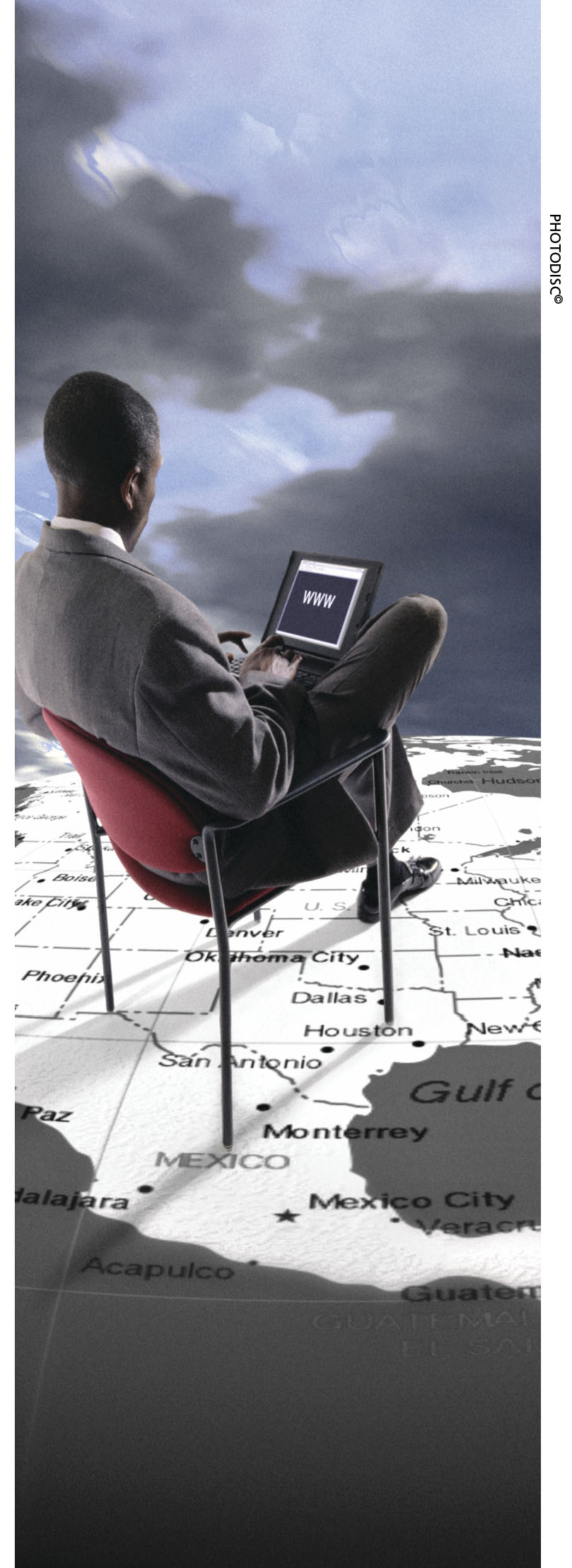NEW FRONTIERS

HUNGER GAMES Warehouses across the US are overflowing with lifesaving food while children starve thousands of miles away. And the Trump administration’s foreign aid cuts have created a devastating paradox where manufacturers of specially treated ready to use therapeutic food (RUTF) are sitting on massive stockpiles with nowhere to send them.
This RUTF helps increase the survival rates of malnourished children from 25 percent to over 90 percent.
The closure of the United States Agency for International Development (USAID) in July severed the pipeline that funded half the world’s RUTF production.
MANA Nutrition’s warehouses hold three times its normal emergency stock, all paid for but not collected. Edesia Nutrition hasn’t received new orders since completing its 2024 contracts, despite having 185,000 boxes ready for shipment.
In South Sudan, clinic closures force mothers to walk up to 100 kilometres with malnourished children, only to find dwindling supplies. “Stock is running critically low and children are going to die,” says Country Director of Action Against Hunger Clement Nkubizi.
Funding cuts to health programmes create the perfect storm where the weakened immune systems of malnourished children can’t fight tuberculosis, malaria or HIV without medical support, which has also been discontinued.
International partners aren’t filling the gaps either as wealthy nations have reduced their own aid spending.
UP A GUM TREE The fitness supplement trade’s latest trend is falling apart under scrutiny. Independent tests reveal that four out of six popular creatine gummy products sold on Amazon contain virtually no creatine – the key ingredient that consumers are paying for.
The most shocking case involves Happyummmm, Amazon’s highest ranked creatine supplement with over 50,000 purchases in two months. Despite claiming five grammes for every serving, lab tests found only 0.005g – meaning that customers would need to consume 2,000 gummies to have the advertised dose.
For athletes following standard loading protocols that require 20 grammes daily, this translates into an absurd 8,000 gummies each day.
EcoWise and Vidabotan also showed zero percent creatine content despite maintaining high Amazon ratings. Producing gummies is technically difficult because it requires heat and moisture, which can degrade creatine and not distribute active ingredients evenly throughout gelatinous candy. This situation isn’t isolated to one rogue manufacturer.
Previous testing found similar failures across multiple brands with five of 12 gummy products showing little or no active ingredients. The supplement trade’s self-regulation model allows products to reach market without FDA approval and enables the mislabelling of products.
THAT DELHI SUN India is weaponising AI and satellite technology to combat deadly urban heatwaves by mapping vulnerability down to individual buildings in a revolutionary approach that could save thousands of lives.
As New Delhi swelters under approximately 45°C temperatures with weather tracker RealFeel readings hitting 54°C, traditional heat action plans are failing the city’s most vulnerable workers. As waste picker Zubaida continues sorting rubbish under the blazing sun, she says: “If we miss a day, we miss a meal.”
Researchers are transforming heat response through hyper local mapping. Studies reveal dramatic temperature variations within neighbourhoods – a slum with a tin roof can be six degrees hotter than a garden house on the same street.
In one Bengaluru ward, surface temperatures varied by nine degrees across two square kilometres.
Delhi nonprofit SEEDS has developed Sunny Lives, which is an AI model trained on satellite imagery. It can identify building materials and calculate indoor heat risks. The system recognises that while outside temperatures reach 40°C, tin roof slums can hit 45°C inside.
WAY TO GO ROBOT Alphabet’s Waymo has launched dedicated teen accounts for youngsters aged between 14 and 17 in Phoenix, Arizona, and this is potentially revolutionising youth mobility across the US.
The self-driving car service addresses mounting parental anxiety about chauffeuring children while tackling teenagers’ growing fear of driving themselves.
Parents are struggling with expectations of playing part-time chauffeur and worrying about vehicle crashes where teens are three times more likely than older drivers to be victims of fatal accidents.
Waymo’s solution offers supervised independence through parent linked accounts with premium customer support and karaoke mode for friends. The service promises to expand across all US markets where Waymo operates such as San Francisco, Los Angeles, Austin, Atlanta, Miami and Washington D.C. However, concerns persist about social isolation.
As the US Surgeon General notes, human free transport could exacerbate the constantly rising disconnect that youth are experiencing due to technology. Waymo counters that ‘robotaxis’ provide space to unwind rather than increase isolation.
The programme represents a major commercial opportunity. It can solve multiple family anxieties through autonomous technology while potentially reshaping how American teenagers experience freedom and mobility in a car dependent society.





